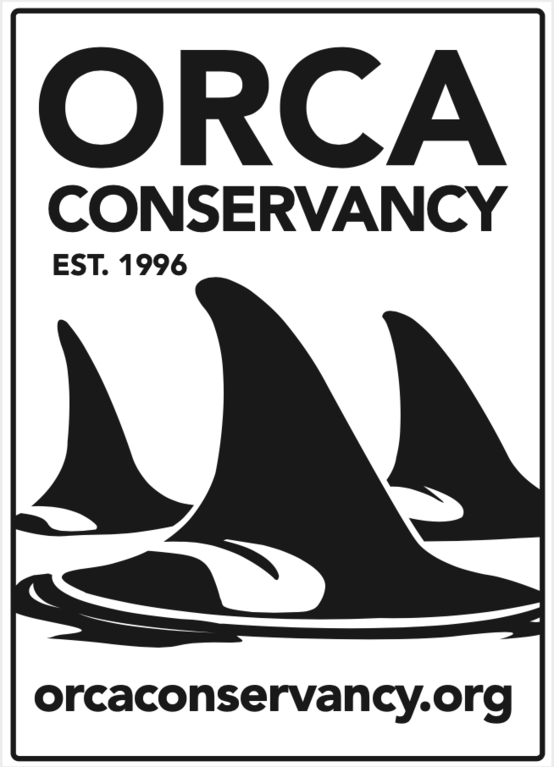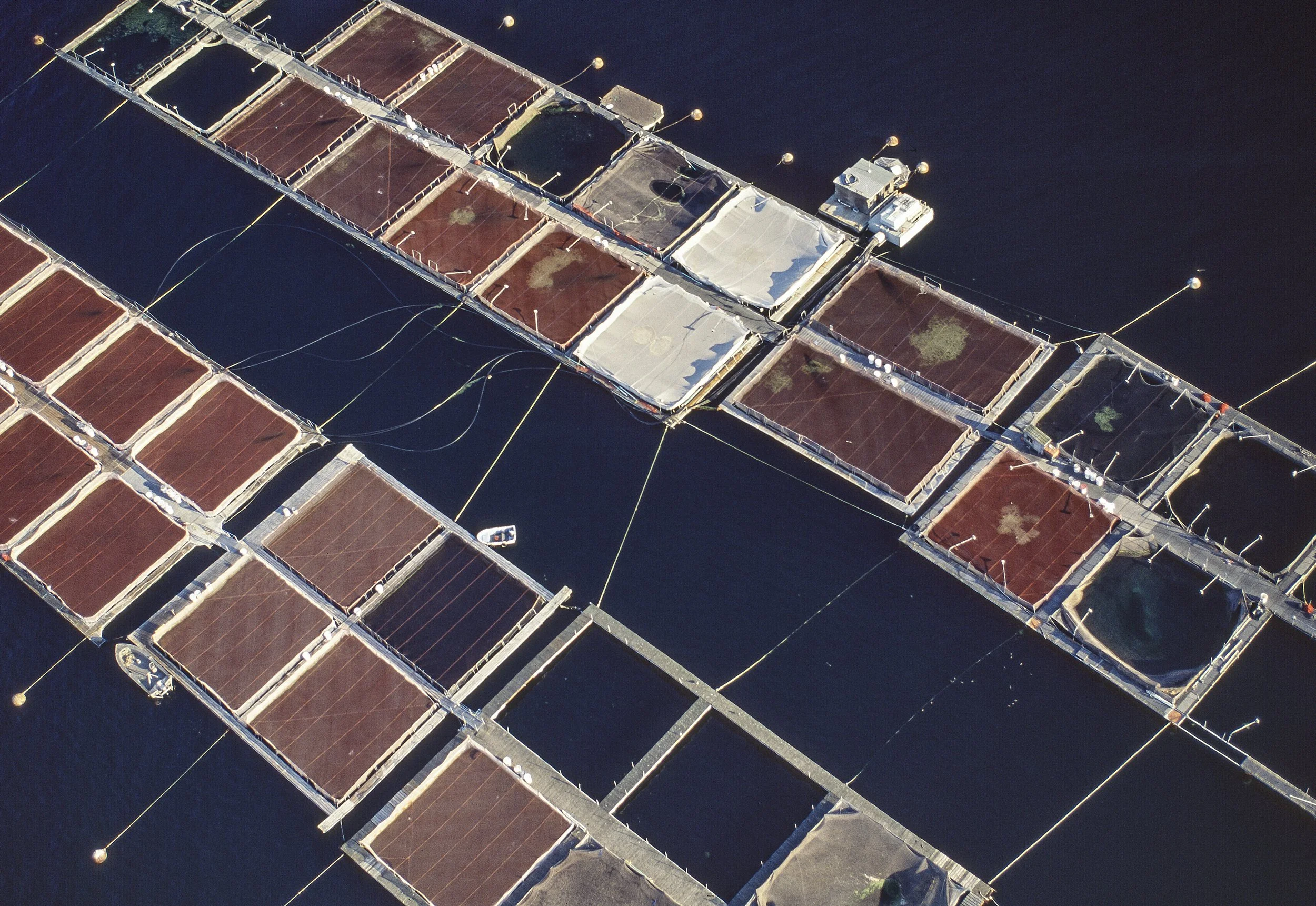ACTION ALERT: Send Email to Stop Lease Renewal of Cooke Aquaculture Net Pens
On November 10, 2022, every lease that allows commercial net pens to operate within Puget Sound will expire. Without renewed leases, the sole operator of commercial farm fish, Cooke Aquaculture, will be required to cease operations and remove their net pends from Puget Sound, eliminating this industry from Washington.
What are commercial net pens and why do they matter?
A net pen, otherwise known as a sea cage, is an enclosed floating cage that holds farmed fish. The structure includes mesh nets that prevent fish from entering the environment and protects fish from predators while allowing water to flow freely through the enclosures.
Commercial net pens pose a variety of environmental issues that threaten wild fish populations and the entire ecosystem. Some of the threats include Piscine Orthorevoris (PRV), Sea Lice, sedimentation and pollution beneath pens, phytoplankton blooms, chemical and antibiotic inputs, and escapes.
How does this impact the whales?
The critically endangered Southern Resident killer whales (SRKWs) are on the decline and face multiple threats which include lack of food and toxic pollution. Commercial net pens pose a risk to the endangered SRKWs by compounding the two threats of lack of food and pollution by contributing to the pollution in the critical habitat of SRKWs and also posing a risk to the food source that SRKWs depend on, wild salmon.
How and Where to Submit an Email or Letter:
Wild Fish Conservancy has set up an email form to email Hilary Franz.
*Note: this email form has pre-written copy, we encourage that you change it and add your own message to ensure that your message is counted. See the suggested talking points below for help and ideas on what to say.
To contact Hilary Franz directly and submit your own email or leave a voicemail:
Email: cpl@dnr.wa.gov
Phone Number: (360)902-1000
Tips for how to write an email or letter:
Be respectful and polite in your email or letter.
Get personal, share your experiences and why you care. Personal messages carry more sentiment and weight which are more meaningful and can have a bigger impact on policymakers.
Avoid pre-written copy-and-paste templates. New practices have passed that make it so pre-written templates only get counted once. Meaning if multiple people submit the same exact comment, letter, or email, it will only be recorded once. Make it personal and unique to make sure it is counted.
Cite relevant data that supports your comment
Suggested talking points:
The remaining 73 Southern Resident killer whales are protected under the Endangered Species Act. The renewal of the commercial net pens license will be in violation of this act as it poses a threat to the main food source (Chinook salmon) and the entire ecosystem on which the Southern Residents depend.
Killer whales are at the top of the food chain. Pollution caused by commercial net pens will enter into the ecosystem, causing irreversible damage and contributing to the ongoing issues facing the endangered Southern Resident killer whales.
SRKWs already face threats of toxic pollution, commercial net pens create toxic pollution through large volumes of waste that contain feces, uneaten food, drugs, pesticides, fungicides, and other potentially harmful pathogens.
Washington State has recently seen an incident of non-native Atlantic Salmon escaping into the ecosystem in 2018, which lead to Washington Legislation phasing out Atlantic salmon net pens altogether. To protect Washington’s water and vital ecosystems the remaining net pens must be removed to prevent additional escapes like the one in 2018.
The ecological risks associated with commercial pens far outweigh the commercial benefits.
Commercial demand can be met through more sustainable options such as land-based recirculating aquaculture systems which utilize closed pens that do not risk contaminating local ecosystems with waste and disease while also mitigating any chance of escape.
Harmful algae blooms which can be caused by net pens not only pose a risk to the ecosystem and wildlife, they also pose a health risk to humans and local communities.
Commercial net pens pose risks to local economies through the decline of wild fish and shellfish populations. It will also have negative consequences for tribal communities as well as commercial and recreational fisheries.


